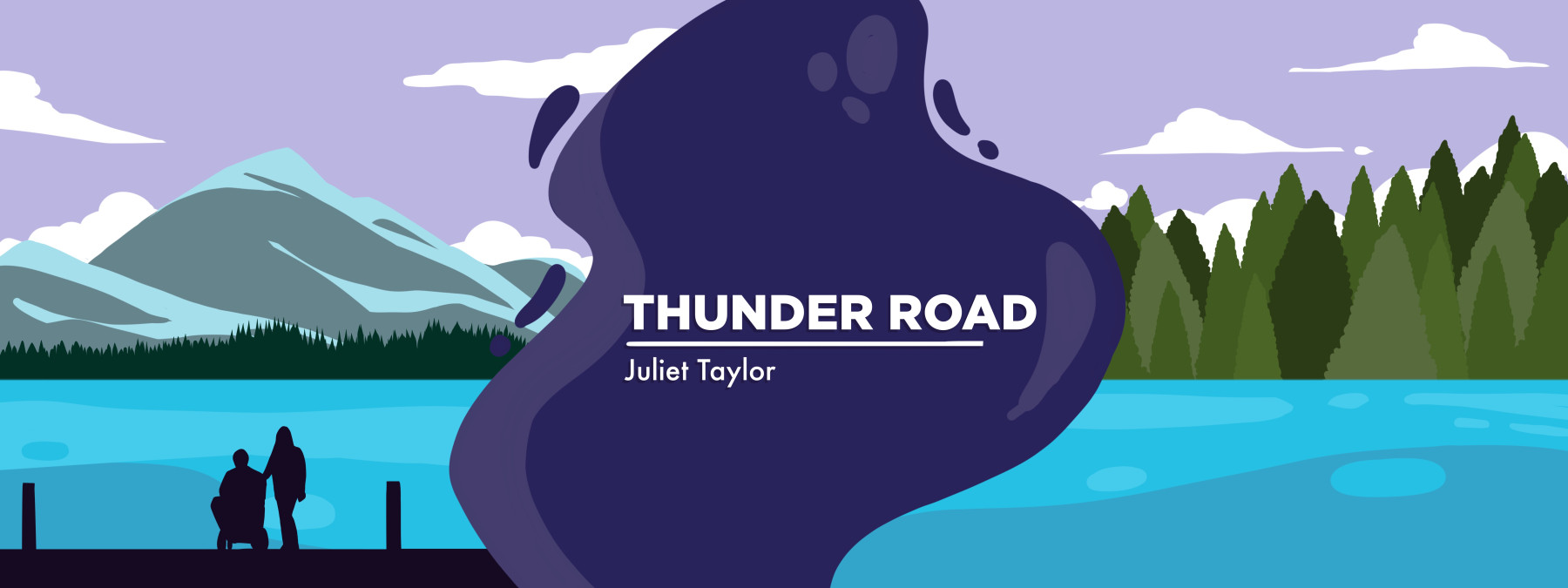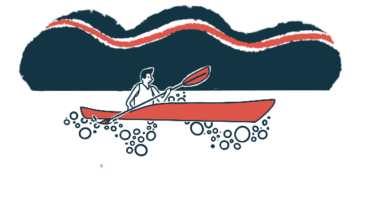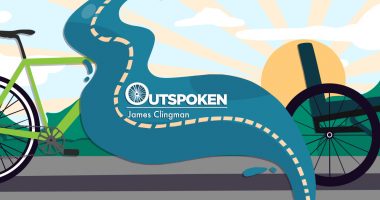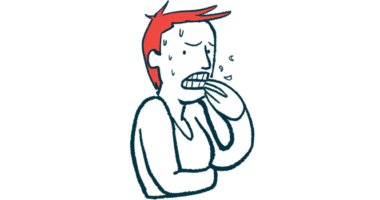Restarting New Year’s resolutions with 3 goals for the ALS community
Living with ALS can be lonely; it makes a difference when someone reaches out

I’m not a big believer in making New Year’s resolutions. There’s something that feels bad about setting a goal that’s lofty — learning a new language is one of my perennial favorites, for example — and then not accomplishing it. Plus, I keep a daily to-do list that includes some small self-improvement items, and I work regularly, and with mixed results, to attain those.
As a caregiver for my late husband, Jeff, I also came to learn over time (and often the hard way) to be kinder to myself, to show myself some grace in what I could and could not reasonably accomplish. Caring for a loved one with a terminal illness is an act of grace unto itself and while it’s the most meaningful thing I’ve ever done, I found it very hard both physically and emotionally.
For all of these reasons, I haven’t thought about New Year’s resolutions in a very long time. But this year I’ve decided to catalog some specific goals for myself as they relate to ALS.
Build my network of ALS community through volunteering
Before Jeff was diagnosed with ALS, I did not often volunteer my time. I’d occasionally donate blood or participate in an organized activity through work, but volunteering wasn’t part of my daily life. When Jeff became ill, I felt overwhelmed, isolated, and scared, and realized that I needed to connect with other caregivers and families living with ALS. That led me to the then-newly formed I AM ALS, where I have found a true home and the chance to get and give support through building and participating in community events.
One of the most rewarding for me is participating as a speaker or moderator on Tim Lowrey ALS Panels, named for my friend Tim Lowrey, who created them. These events are complimentary speaking panels that our team delivers to colleges and community organizations to help them learn about the disease.
I AM ALS is the group I found, but there are literally dozens of organizations both small and large that rely on volunteer time and expertise to thrive. While I did not have time to volunteer much, if at all, while caregiving, I have found that doing so while grieving and healing is deeply meaningful.
Strengthen my support for people living with ALS and caregiving
When Jeff was diagnosed, a few complete strangers reached out to me. They had lost a parent or spouse to ALS, and instinctively understood the shock and bewilderment Jeff and I were feeling. These new friends were a lifeline to me — from calling to check on me or stopping by to bring me a nice-smelling body scrub, to answering my scariest, most personal questions.
Now, more than three years after Jeff’s death, it feels natural to want to do this for others. Living with ALS can be lonely, and I learned firsthand what a difference it makes when someone who understands reaches out with empathy and kindness to help. I am far from alone in this; so many of my friends in the ALS community are those who have lost a spouse, parent, sibling, or best friend and want to help others feel less alone. Volunteer groups, once again, are a valuable way to meet others to get or give support.
Raise money for a cure
I’m terrible at asking for money and would have made a horrible salesperson, although, recalling my teenage years, my parents would surely disagree. However, when it comes to raising money for ALS it’s much easier because it will take many millions of dollars to further the groundbreaking science currently underway to end it.
This year, I signed on to participate in the United Airlines New York Half Marathon to raise money for the ALS Therapy Development Institute. This was one of the most memorable aspects of my year. I raised a sum higher than I’d endeavored to do before, and met my goal. On a 28-degree morning in March, I joined a team of other participants in New York to traverse 13.1 miles through Brooklyn and Manhattan, ending in Central Park. I’m not a natural runner and I walked nearly the entire course, but I finished the race. Most importantly, our team raised a significant sum for ALS TDI, and it felt great.
I won’t make any other New Year’s resolutions this year. I’ll keep plugging away at my personal growth in areas like building my fitness, learning new skills and growing as a person. But it feels good to have some specific plans to help end ALS, and to support people living with it and their families.
Thank you for reading my column this year. I wish you and your loved ones a peaceful and happy 2024.
Note: ALS News Today is strictly a news and information website about the disease. It does not provide medical advice, diagnosis, or treatment. This content is not intended to be a substitute for professional medical advice, diagnosis, or treatment. Always seek the advice of your physician or other qualified health provider with any questions you may have regarding a medical condition. Never disregard professional medical advice or delay in seeking it because of something you have read on this website. The opinions expressed in this column are not those of ALS News Today or its parent company, BioNews, and are intended to spark discussion about issues pertaining to ALS.








Comments
Mary Herbowy
I enjoy your posts very much. It helps me know I can survive taking care of my husband who has been diagnosed with ALS this past June! I loved that you did the half marathon and walked some of it. I too think of volunteerism for ALS to help others when I can. I hope this thought will come to fruition in the future.
Frances Goodman
https://www.aidsmemorial.org/grove
Does ALS have a memorial like the one in San Francisco for those who have passed from AIDS?
We really should have one like this. Those who has passed from ALS deserve to be remembered in a big way by the public in general.